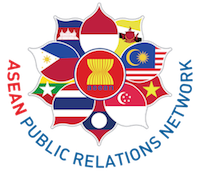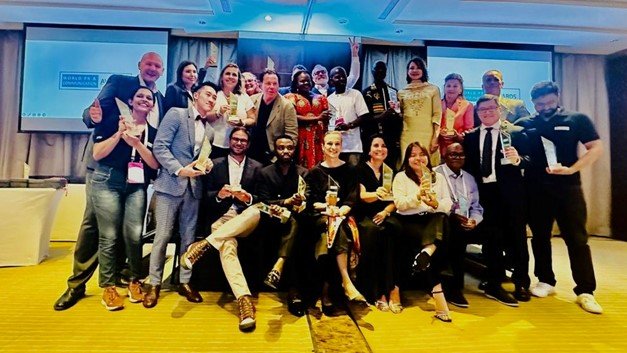Conducted By:
LSPR JAKARTA
MALINDO RESEARCH CENTRE
UNIVERSITI SAINS MALAYSIA (USM)
May 2016
The Emerging of CSR Concept and Its Implementation in Indonesia
Previous literature stated that Indonesia was still in the lowest rank Corporate Social Responsibility (CSR) implementation compared to 7 other countries in Asia. But on the other side, data also showed that the amount and qualities of CSR activities in Indonesia experienced significant growth and variety in concept and implementation.
Indonesia was the first country in the world that regulates the activities of CSR in the form of the Corporate Law (Undang-Undang Perseroan Terbatas) which was passed on July 20, 2007, (Kartini, 2007). Furthermore, it was regulated in Government Regulation No. 47/2012, which is still causing debate about its implementation in Indonesia
The research was conducted as a collaboration project between Research and Community Service Centre, Centre For ASEAN Public Relation Studies (CAPRS) The London School of Public Relations Jakarta (LSPR Jakarta), Malindo (Malaysia-Indonesia) Nusantara Research Center and Universiti Sains Malaysia (USM), during the period of 7 months (November 2015-May 2016). Team of researcher from LSPR is Hersinta, M.Si, Rani Chandra Oktaviani, M.Si, Taufan Teguh Akbari, M.Si, Renold Sutadi, MM and Cyntia Keliat, S.IKom.
The purpose of this research is to explore more on perception from CEO or company’s leader toward the concept and implementation of CSR, including their understanding on the 8 (eight) dimensions related to CSR: the importance of stakeholder’s role, regulation and constrain. This research used quantitative approach by distributing questionnaire to 114 respondents, including company’s owner/leader, CEO and manager in Jakarta and West Java area, whose age range is between 20-40 years old. The categories also included CEO/owners who are member of entrepreneurship organizations such as HIPMI and TDA, and also non-member. Open-ended questions and interviews also conducted to support the research by using qualitative data.
The questionnaire contains 70 statements and 3 open-ended questions regarding the eight dimensions related to CSR activities as measurement on respondents perception, including: 1. Understanding and regulations; 2. Community/environmental (stakeholders); 3. Government (stakeholders); 4. Academics/consultants/NGO (stakeholders); 5. Employees (stakeholders); 6. Market (stakeholders); 7. Policy; and 8. Constraints /Obstacles of CSR implementations.
Constraints and Obstacles in the Implementation of CSR Activities
The results showed that despite the perception of a company leader toward the seven dimensions related to the implementation of CSR activities are positive, respondents still viewed the obstacles in the implementation of CSR activities as significant issues.
Obstacles still commonly found in the practice of CSR activities which covered issues in the area of cost, human resources competencies, distribution of activities and difficulties of determining the target, the need of conducting various forms of activity, to the problems of regulation, lack of partnership, and socialization of CSR activities. Respondents also stated difficulties in getting permit on conducting CSR activities and experiencing with persons who commit extortion in the field as some of the problems existed.
However, respondents considered CSR activities have a positive impact on the company, so they are willing to commit or welcomes the initiative for CSR activities.
In addition, the role of the company’s leader is considered to be strategic and holds a critical role in the implementation of CSR, because it has the authority to control and evaluate the CSR activities that are effective in accordance with the needs of companies, as well as stakeholders such as governments and society.
Looking at the results, we recommend to explore more in-depth analysis at the factors that are still viewed as constraints in the implementation of CSR activities in Indonesia, such as cost, human resource competencies and how to determine target respondents and the concept of activities in accordance with the needs of stakeholders and the company. Efforts in socialization and education on understanding the regulations and procedures of the CSR activities also need to be run more consistently, as well as increasing the efforts to develop more partnerships with the company’s stakeholders such as governments, NGOs, academia and the public.






